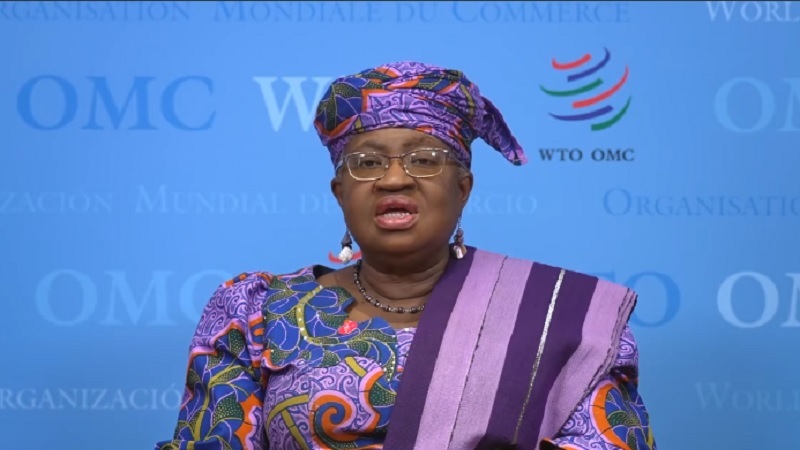The World Trade Organization (WTO) issued its G20 Trade Monitoring Report on July 4, which found that, despite efforts to facilitate trade, further policy changes are needed to overcome the effects of inflation, the war in Ukraine and the after effects of COVID-19.
“The trade disruptions caused by the shocks of the past three years have pushed economic security to the forefront of policy discussions," WTO Director-General Dr Ngozi Okonjo-Iweala said in a release from the WTO.
The report found that between October 2022 and May 2023, G20 economies did more to facilitate trade than to restrict it, but export restrictions on food, feed and fertilizers remained, disrupting the flow of food in international markets and contributing to price volatility, which contributes to the affordability of food. The report attributes the uncertainty in global trade factors like the war in Ukraine, the lingering effects of COVID-19, extreme weather events and high food and energy prices, the WTO reported.
“What we have seen over this period is that open global trade, anchored in the multilateral trading system, is a powerful force for economic security," Okonjo-Iweala said, "enabling WTO members to better produce and access food, medical supplies, and other essentials."
Okonjo-Iweala added that she was glad the G20 economies "have been taking more steps to facilitate imports, underscoring how trade is a tool to push back against inflationary pressures. I call on them to show leadership by continuing to reduce the number and trade coverage of export restrictions, particularly on food, feed and fertilizers, to help dampen the price volatility that makes life harder for people around the world.”
Okonjo-Iweala said that while the recent gains were good, more must be done.
“G20 economies must continue to show restraint in implementing trade-restrictive measures and exercise leadership in supporting open and mutually beneficial trade. Their initiative and leadership between now and MC13 will be crucial for delivering results,” she said.
The report accounted for a significant decline in global merchandise trade, decreased sharply during the fourth quarter of 2022 and has performed below expectations in 2023. Projections indicate a slowdown in the growth rate of world merchandise trade volume, which is expected to decrease from 2.7% in 2022 to 1.7% in 2023, with modest recovery to 3.2% projected in 2024, according to the WTO's report.

